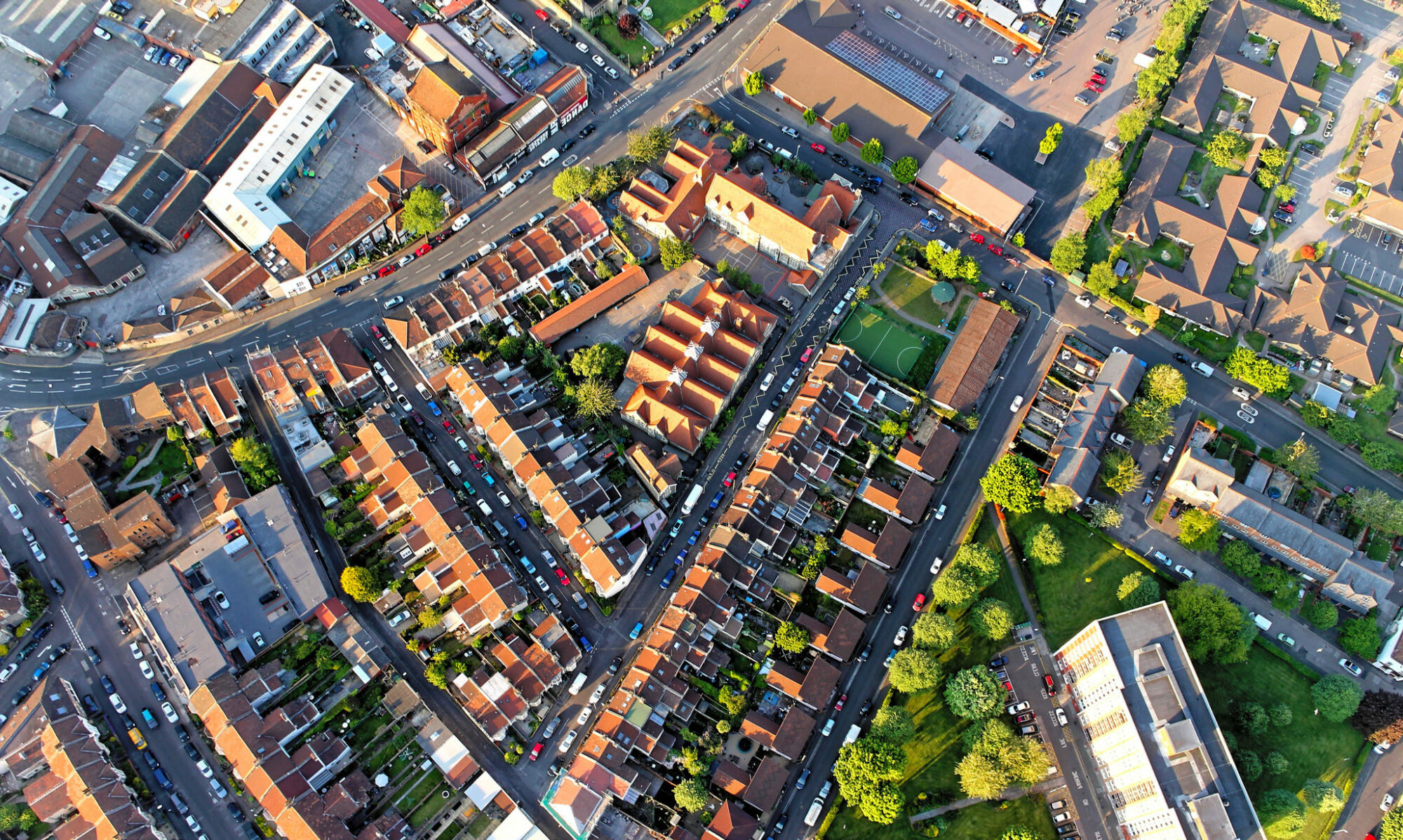Cross-sectoral topics
The establishment of defined cross-sectoral topics is of interest for the entire project consortium. The following is a quick presentation of the three cross-sectoral topics which are currently being worked upon in the funding measure of RES:Z:
Indicators/Evaluation
The thematic focal points for this cross-sectoral topic are:
- “resources” (materials, land, water, ecosystem services) as well as
- “methods” (system interrelationships, sustainability assessment, planning methods).
A “catalogue of indicators” is being compiled, which will serve the individual projects in the implementation phase. Further, the catalogue will act as a practical guideline with relevance beyond the funding measure of RES:Z. .So-called “indicator profiles” have been drawn up in advance by the RES:Z project officers. The profiles define and describe the indicators used to measure the project’s achievement towards resource efficiency in urban districts. Furthermore, the sources for definitions as well as methods for measurement and calculation are documented in the profiles. The entire output will be supported by a glossary and systemization of the indicators.
The topic is heavily discussed within overarching project events.
Digitalisation/Web tools
The initial workshop on 17th of December, 2019 in Frankfurt am Main, helped to narrow down the wide-range of topics related to digitalisation in regards to the RES:Z projects. Three thematic discussion tables were developed to address one of the following aspects:
- Automation (control technology/ processes; planning processes; monitoring/ evaluation)
- Data (procurement and collection; processing, evaluation, presentation; exchange and transfer)
- Municipalities and digitalisation (support in the process of digitalisation; identification of synergy effects with regard to interdisciplinary planning).
The exchange was continued by the responsible parties after the meeting. Progress on the cross-sectional topic is currently concerned with the following headline topic:
Web tools
An overview matrix to show the different types of web tools being created or which are already in use is currently being developed. Further information on the possible area of application/group of interested parties per RES:Z project is also being gathered. In addition, potential areas of collaboration for the development of web tools between the projects are being studied and will be presented at a later stage.
Transfer/Institutionalisation
The RES:Z funding measure places special emphasis on the transfer of results into practice. For many of the RES:Z projects, this is done by linking research with living labs. The positive results of the living labs could be transferred directly into municipal practice as well as into binding norms and standards and, if necessary, be flanked by federal and state legislative instruments. Further, applications are being tested in model municipalities and implemented in demonstration projects with the building industry. The following focal points will be worked and discussed upon in overarching project workshops:
- living labs/ “research-by-design” methodological approaches
- transfer of the RES:Z project results.
The classification of the methodological approaches in the RES:Z projects will be shown in an overview presentation on “living labs”.
The possibilities for documenting a comprehensive approach towards resource-efficient urban districts to support the transfer of RES:Z results are currently being explored; it is planned to cover technical aspects as well as consider the resources of land, water and material cycles.

